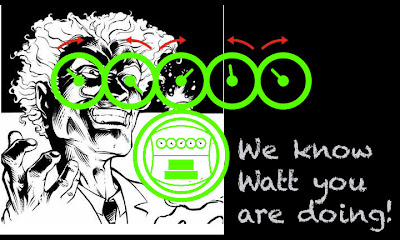Editorial from local paper…
NC – Even before anyone knew for sure what was on the digital flash drive that mysteriously appeared in Hope Mills Mayor Eddie Dees’ mailbox, town residents had plenty of reason for concern about their leaders.
The “thumb drive” contained recordings of conversations between Town Manager Randy Beeman and Police Chief Robert Hassell. They were all or part of five calls recorded between Feb. 25 and May 17…
It appears that the wiretap originated in the town’s Police Department. The mayor says the drive contains calls made into and out of the department. If that’s true, it also raises serious questions about the department and its internal security. It fairly screams for a full-blown criminal investigation.
But instead, the commissioners have chosen to wait for the town attorney to investigate, which he’s been doing for months now. (
more)

Researchers at the University of Pennsylvania say they’ve discovered a way to circumvent the networking technology used by law enforcement to tap phone lines in the U.S.
The flaws they’ve found “represent a serious threat to the accuracy and completeness of wiretap records used for both criminal investigation and as evidence in trial,” the researchers say in their paper, set to be presented Thursday at a computer security conference in Chicago.
Following up on earlier work on evading analog wiretap devices called loop extenders, the Penn researchers took a deep look at the newer technical standards used to enable wiretapping on telecommunication switches. They found that while these newer devices probably don’t suffer from many of the bugs they’d found in the loop extender world, they do introduce new flaws. In fact, wiretaps could probably be rendered useless if the connection between the switches and law enforcement are overwhelmed with useless data, something known as a denial of service (DOS) attack. (more)
A few posts ago, it was noted that the FBI is echoing the desires of several countries around the world about having backdoor keys to all communications encryption schemes. BlackBerry, Skype, etc. are seeing the beginning of the end of their privacy advantage.
Some countries threatened to outright ban encryption they can’t crack, but how can this concept be sold to the U.S. Congress?
Back in 2007, when the Dutch government announced that all 7 million homes in the Netherlands would be equipped with smart meters by 2013, it anticipated little resistance. After all, who wouldn’t welcome a device that could save both energy and money? But consumers worried that such intelligent monitoring devices, which transmit power-usage information to the utility as frequently as every 15 minutes, would make them vulnerable to thieves, annoying marketers, and police investigations. They spoke out so strongly against these ”espionage meters” that the government made them optional…

Of more than 9000 consumers polled in 17 countries, about one-third said they would be discouraged from using energy-management programs, such as smart metering, if it gave utilities greater access to data about their personal energy use…
It all sounds less paranoid when you consider that each appliance—the refrigerator, kettle, toaster, washing machine—has its own energy fingerprint, or ”appliance load signature,” that a smart meter can read. Anyone who gets hold of this data gets a glimpse of exactly what appliances you use and how often you use them. (more)